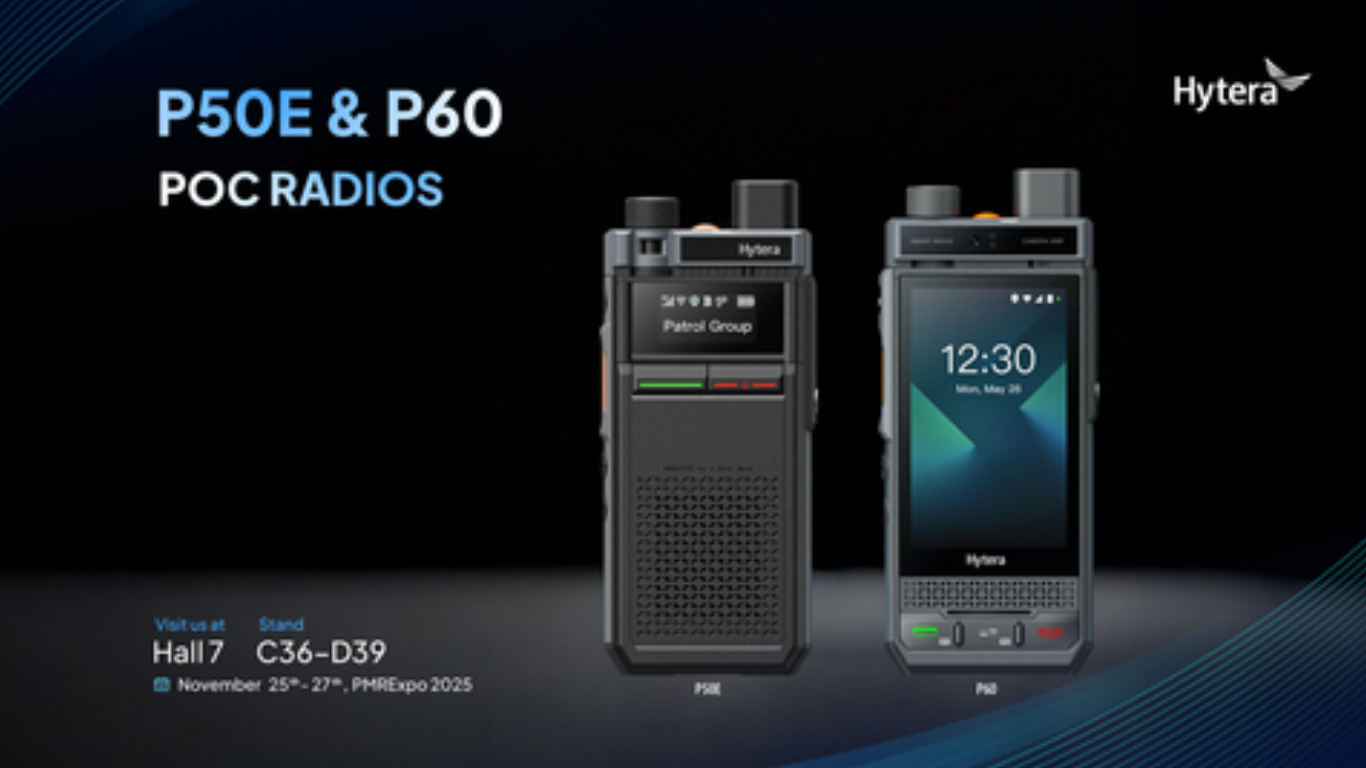International expansion is no longer reserved for Fortune 500 companies. Small and medium enterprises (SMEs) are increasingly tapping into global markets, driven by e-commerce platforms and digital connectivity. However, cross-border payments remain one of the biggest operational hurdles for growing businesses.
Traditional banking systems often burden SMEs with high foreign exchange (FX) costs, lengthy settlement times, and complex reconciliation processes. This article explores how modern fintech solutions are revolutionizing international transactions for SMEs.
The Cross-Border Payment Challenge
When a small Indian textile exporter receives a $50,000 order from a US retailer, what should be a celebration quickly becomes a logistical nightmare. Between currency conversion fees, correspondent banking charges, and reconciliation headaches, that profitable deal can lose 3-5% of its value before reaching the business bank account.
SMEs face unique challenges: traditional banks typically charge 2-4% in FX margins plus additional wire transfer fees. Poor visibility across multiple currencies makes cash flow planning nearly impossible, while matching incoming payments with invoices becomes exponentially harder when dealing with currency conversions and varying settlement timeframes.
The API-Enabled Solution
Modern fintech infrastructure is chow SMEs handle international payments. API-based solutions like Decentro offer three key advantages:
Virtual Account Infrastructure: Instead of maintaining multiple bank accounts across different countries, SMEs can use virtual accounts that provide local banking details in major markets. When a US customer pays to a local US account number, the funds are automatically converted and settled to the business’s home currency account within 24 hours.
Automated Reconciliation: API-enabled systems automatically match incoming payments with outstanding invoices, even across currency conversions. This eliminates manual reconciliation work and reduces errors, with real-time payment notifications and automatic currency conversion tracking.
Compliance-Led Onboarding: Modern payment providers handle regulatory compliance across multiple jurisdictions, including automated KYC processes, transaction monitoring, and regulatory reporting.
Reducing FX Leakage
Foreign exchange costs significantly impact profitability. SMEs can minimize FX leakage by monitoring real-time exchange rates to understand true conversion costs—many traditional banks markup rates by 2-3%, while modern fintech providers often offer rates within 0.5-1% of interbank rates. Timing currency conversions during favorable market conditions and maintaining multi-currency accounts for primary trading currencies can yield additional savings.
Real-World Impact
Consider a small Indian handicrafts exporter earning $500,000 annually from US and European markets. Before implementing API-enabled cross-border payments, they faced 3.5% FX costs ($17,500 annually), spent 4 hours weekly on reconciliation, and experienced 3-5 day payment delays.
After implementing modern payment infrastructure, FX costs dropped to 1.2% ($6,000 annually)—saving $11,500. Reconciliation time reduced to 30 minutes weekly, saving 182 hours annually. Payment delays improved to same-day or 24 hours, and failed payments dropped from 2-3% to under 0.1%.
Choosing the Right Partner
When selecting a cross-border payment provider, SMEs should evaluate total cost of ownership (including FX rates, transaction fees, and integration costs), API quality, settlement speed, geographic coverage, and compliance support. API-first fintech providers offer flexible integration, competitive rates, and advanced reconciliation—ideal for growing SMEs seeking scalable, cost-effective solutions.
Conclusion
Cross-border payments no longer need to be a barrier to international growth for SMEs. Modern API-enabled payment infrastructure offers compelling advantages: lower costs, faster settlements, automated reconciliation, and comprehensive compliance support.
The key to success lies in selecting the right technology partner and implementing proper processes for FX management and reconciliation. As global trade continues to digitize, businesses that invest in scalable payment infrastructure today will have a significant competitive advantage tomorrow.






























